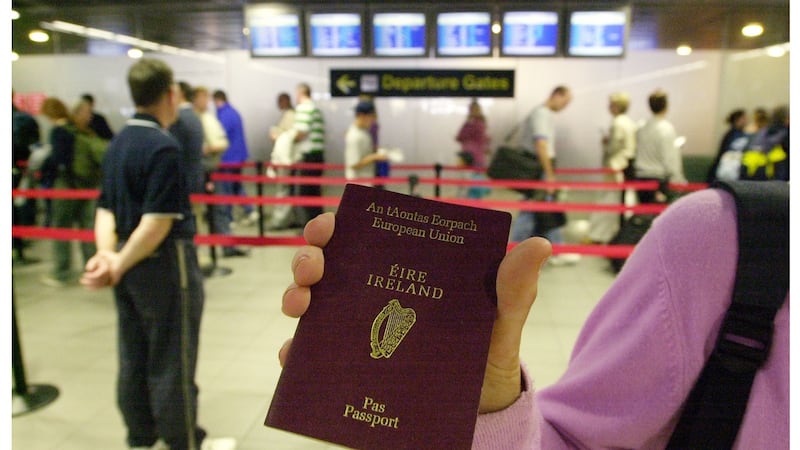Dublin Port’s first working week of 2021 got off to a smooth start on Monday – due in part to the extremely low volume of traffic arriving from Holyhead.
Cars and lorries arriving from the UK passed without a hitch through the European Union’s new trade border inside the port as well as the Garda checkpoint, where Covid locator forms were also required.
The first Irish Ferries vessel to dock, the 2.40am Ulysses sailing from the Welsh port which arrived in Dublin at 6am, carried just 15 articulated lorries, one truck, two vans and 15 cars, together with a related number of passengers.

One of the ship's deck hands, surveying the vast empty space with capacity for 241 lorries and 1,342 cars as the ship set sail, exclaimed cheerily: "Brexit England – nothing we can do."
This may, or may not, be the explanation for the low volume making the early crossing from the UK but Holyhead port officials, and the shipping companies, expect Irish Sea volumes to increase sharply later this week and throughout January when importers, especially supermarkets, seek to replenish their stocks.

However, complying with the requirements of the EU/UK trade deal, in force since January 1st, can present unexpected difficulties, as Scott McCann, owner of Event Transport Ireland Limited, and Sean Carry, his transport manager, found on Sunday.
Prior to Covid striking early last year, the company provided rigging for major events but, when the virus emerged and the live entertainment industry died overnight, Mr McCann’s business had to diversify fast or die as well. Now, 10 months later, the company has eight 40-foot-long articulated lorries crossing the Irish Sea daily, transporting goods for an international distribution company.
With the new EU/UK trade deal regulations coming into force over the weekend, Mr McCann and Mr Carry decided to stress test the system for themselves by driving a load over from England, just to see what their drivers faced.
Systems crash
“At 4.30 on Sunday morning, our customs broker in Manchester had a systems crash and they were unable to give us the MRN [the Master Reference Number issued by UK customs having inspected the goods],” explained Mr McCann.
He already had Pre Boarding Notification (PBN) issued by the Irish authorities but without the companion MRN number, they would not be able to catch the early Monday morning Stena Line ferry from Holyhead to Dublin.
They took a pit stop at the Holyhead McDonalds, hoping to hear from the broker that the MRN had come through.
“We should have it within the hour,” Mr Carry said hopefully, having just missed the 8pm sailing.
But it was not to be: as of Monday morning, both men remain stranded in Holyhead, frustrated as their predicament.

More fortunate was Kaspars Ukis, the driver of an O’Toole Transport articulated lorry bringing a consignment of salads from the UK to outlets in Ireland. His papers in order, he experienced no difficulties but was anxious about Dublin Port’s capacity to cope when traffic volumes increase.
“When it’s going to get busy, it’ll be different,” he told The Irish Times before disembarking. “It’s too early [yet]. I think it’s going to get messy.”
So far, however, the Port’s system of streaming vehicles through the checks, where cheery customs officials waved most through without demur, while gardaí checked identities and ensured Covid tracking locator forms had been filled in, is working smoothly.
















